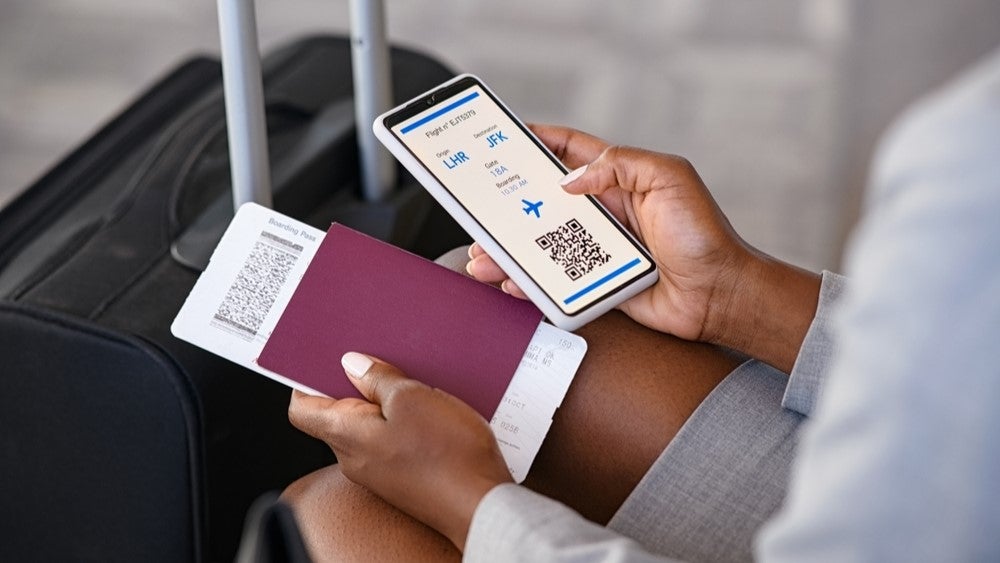The digital age allows travel companies to gather and analyse data to create a more complete image of customers than ever before.
Rather than only assessing who is traveling, the technology is also increasingly being used to give personalised travel experiences for which customers will pay.
According to GlobalData’s Q4 2022 Consumer Survey, 84% of respondents were ‘somewhat’, ‘often’, or ‘always’ influenced by a service’s ability to tailor its provisions to their needs and personality.
GlobalData’s new Personalization in Travel and Tourism (2024) report states: “This overwhelming percentage shows that personalisation is important for inspiring customer loyalty and ensuring expectations are met.”
The report also considers that digitalisation – and the introduction of Internet of Things (IoT) app technology – has offered customers new levels of personalised control around their own travel experiences. It points to the example of internet-enabled heating, lighting and television, accessible through hotel apps.
Personalised technology
The rise of artificial intelligence (AI) has raised questions about its potential uses in the hospitality sector. Predictive systems hold particular promise, offering companies opportunities to better connect with customers by offering targeted and accurate services.
AI could prompt customers when flight, train, hotel and rental prices are at their lowest, building a trusting relationship with them. The technology could also be used to recommend travel options that are in line with previously expressed interests or to build personalised itineraries.
The report notes the example of Trip.com Group, which published a patent application for a ‘hotel recommendation method and system for OTA website’ in November 2021. The method uses machine learning (ML) to recommend rooms with predicted bookable rates. It works by obtaining hotel and room data alongside parameters given by a user and current target parameters to recommend the right hotel to the user.
The report also considers the personalisation aspect of push notifications, which can simplify user experiences and connect with customers at the right moments. The report says of them: “Push notifications are one of the most effective ways for ecommerce marketers to incentivise reengagement with mobile apps and drive retention. Perfectly timed and personalised push notifications may delight customers while irrelevant push messages will drive them away.”
It points out that push notifications have a higher click-through rate than emails, and can increase time-sensitive engagement, such as during flash sales or in relation to travel advice or updates regarding a booking. Once on the app, a customer is more likely to continue to engage with the company’s offerings.
Online insights drive bookings
The report notes that “before the Covid-19 pandemic, online travel retail sales were growing at a remarkable rate, driven by both consumers and companies migrating to online platforms.”
It points out a 63.38% increase in global online travel retail sales between 2009 and 2019, when sales reached $2.32trn. The wealth of data associated with these sales allowed the travel industry to utilise technology to develop better personalised offerings, and prompted a change in consumer expectations.
Whilst the Covid-19 pandemic resulted in a significant decline in online travel retail sales, the industry has recovered, and sales will reach an estimated $4.34trn by 2028.
The report concludes: “With more travellers using online resources and channels to make their travel decisions, this will continue the expansion of personalisation as a major theme within the travel and tourism sector. The growth of online travel retail sales pre-Covid-19 – and the growth forecast to 2028 – has been supported by many factors, such as increased digitalisation, greater mobile phone usage, and an increase in internet users worldwide.”









